The study found that self-reported cognitive disability among U.S. adults increased from 5.3% to 7.4% over the past decade, with the most striking increases observed among younger adults aged 18 to 39. Specifically, the rate of self-reported cognitive disability among this age group rose from 2.3% to 4.5% during the same period. The study also highlighted that American Indian and Alaska Native adults reported the highest overall rates of self-reported cognitive disability.
"This is a concerning trend, and it's not just about individual health," said Dr. Maria Rodriguez, lead researcher on the study. "We're seeing a pattern of cognitive struggles that's closely tied to social and economic inequality. It's a wake-up call for us to think about the broader societal factors that are contributing to this crisis."
Experts point to a range of factors that may be contributing to the surge in memory problems among young adults, including increased stress, decreased physical activity, and inadequate access to healthcare and education. "We're seeing a perfect storm of factors that are putting young people at risk for cognitive decline," said Dr. John Taylor, a neurologist at the University of California, Los Angeles. "From social media to economic uncertainty, there are so many stressors that are taking a toll on young people's brains."
The study's findings have significant implications for policymakers and healthcare providers, who are urging further research to understand the causes and long-term impact of this trend. "We need to take a closer look at how we're supporting the cognitive health of young people, particularly those who are most vulnerable," said Dr. Rodriguez. "This includes investing in education and healthcare programs that address the root causes of cognitive decline."
As researchers continue to study this trend, they are also emphasizing the importance of individual actions to promote cognitive health. "There are many simple steps that people can take to protect their brains, from regular exercise to healthy eating and stress management," said Dr. Taylor. "By taking care of our brains, we can reduce our risk of cognitive decline and improve our overall well-being."
The study's findings are a stark reminder of the need for a more comprehensive approach to addressing the cognitive health of young adults. As researchers and policymakers work together to understand and address this trend, they are also emphasizing the importance of community-based initiatives that promote cognitive health and well-being.
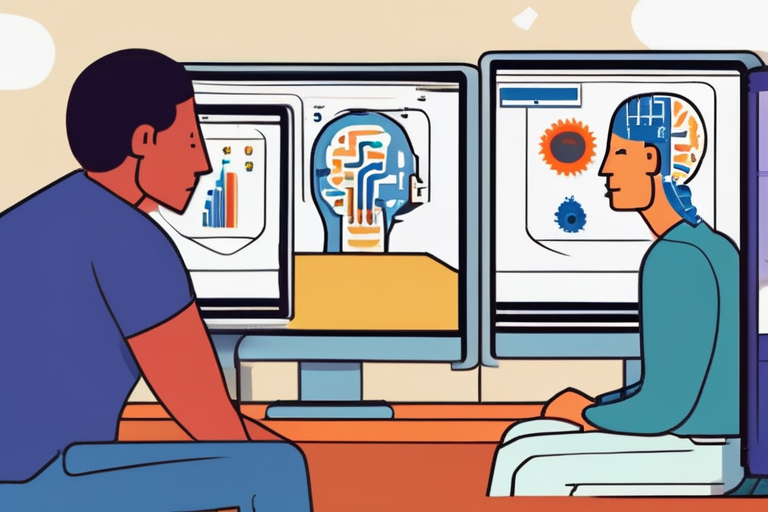


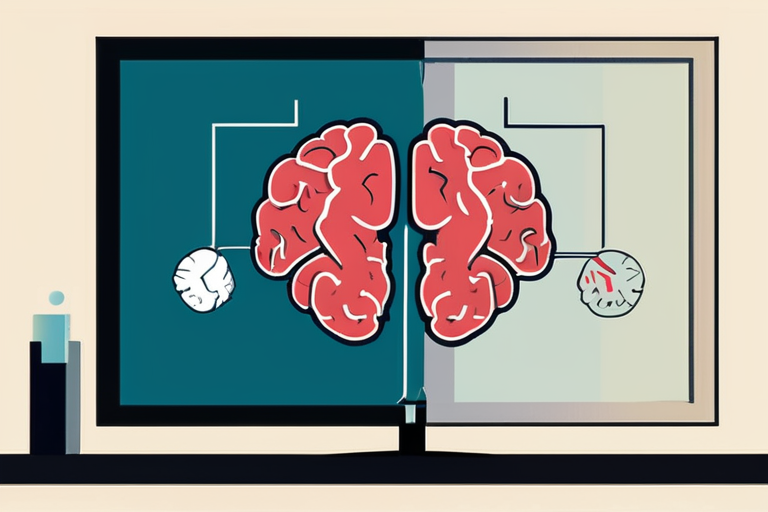

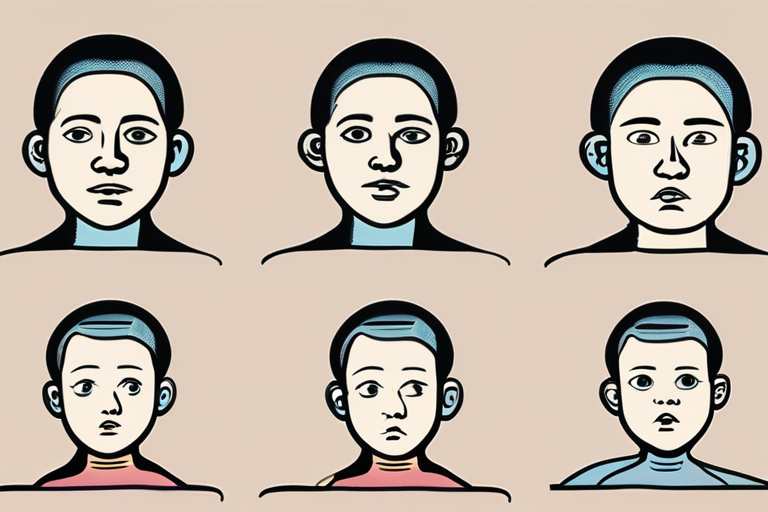
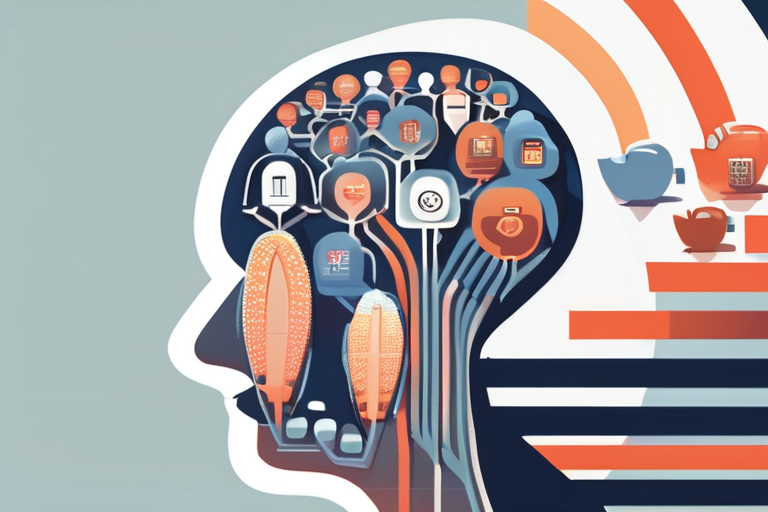

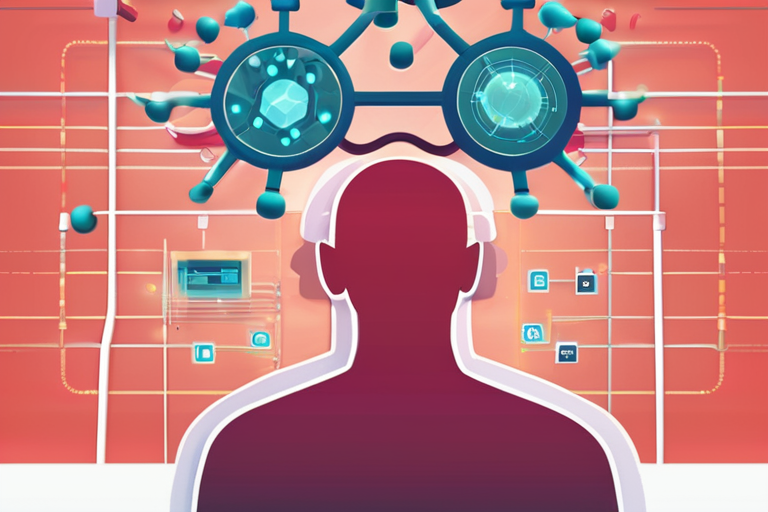

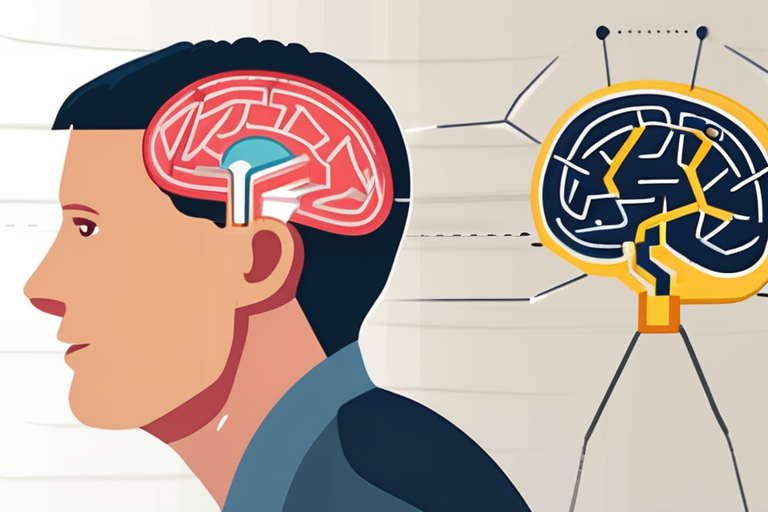




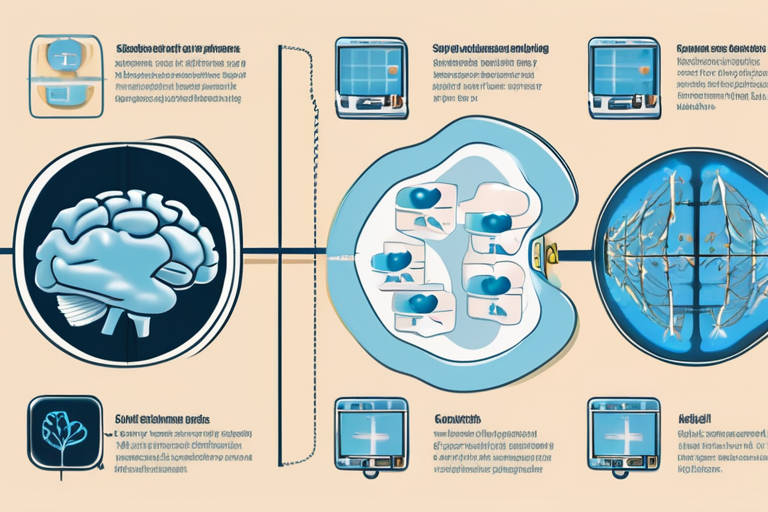

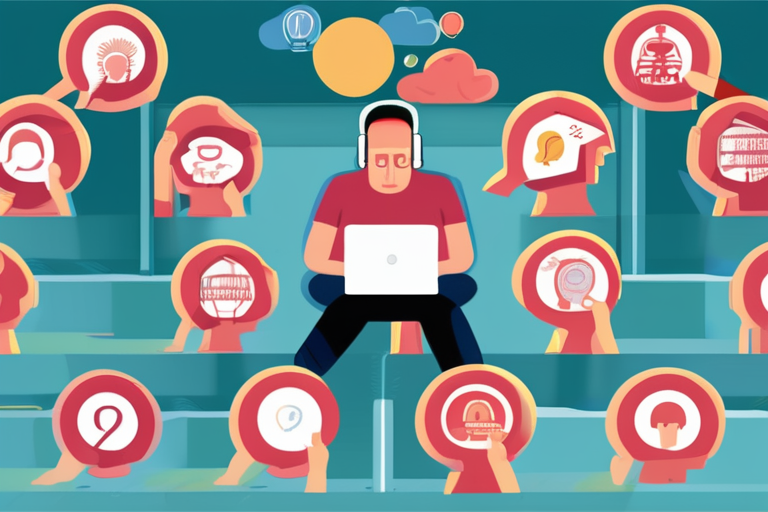



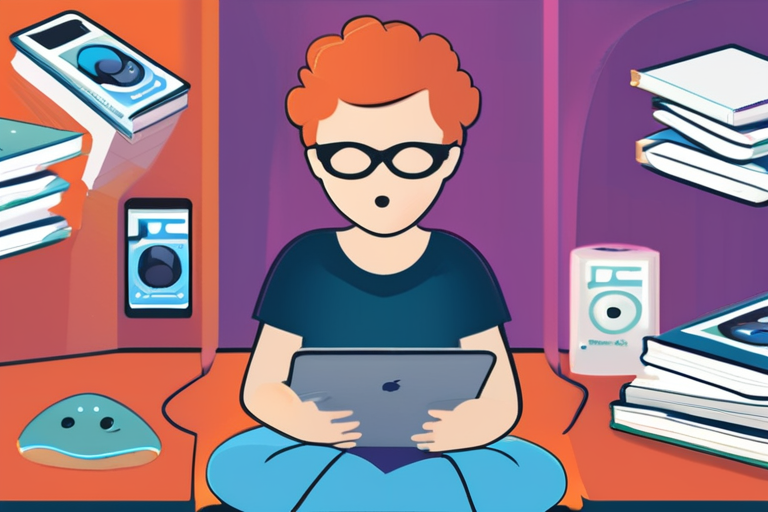
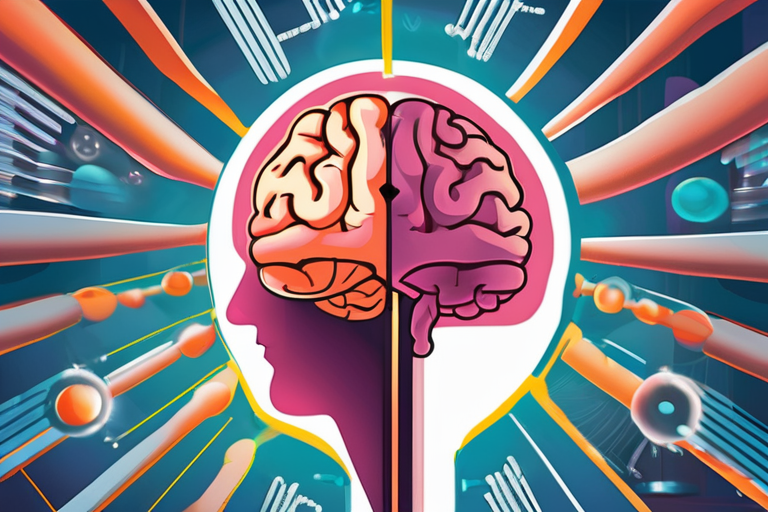

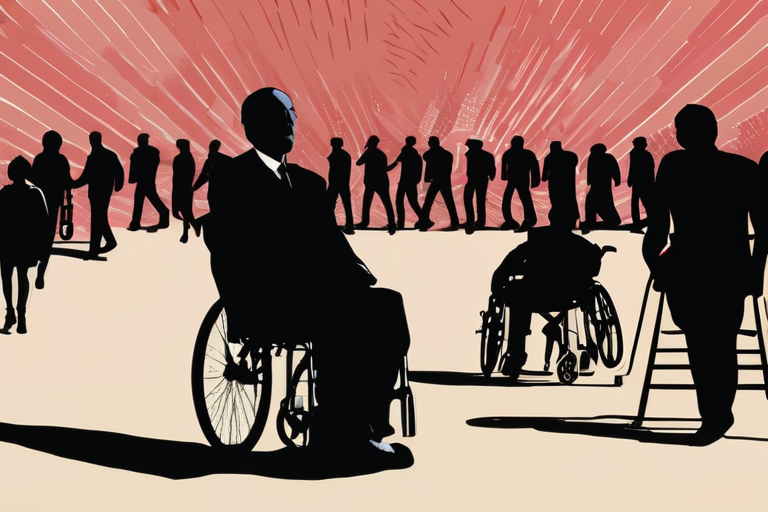


Share & Engage Share
Share this article